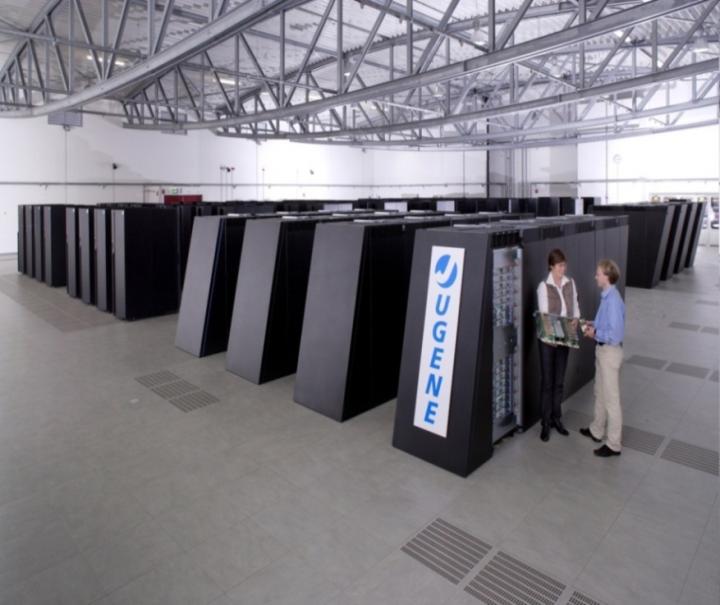Great that they didn’t have to use a super computer to do their prescribed, lab controlled experiments. However, to limit QC to a super computer and experimental computations only is a big mistake; I cannot stress this enough. QC is a new digital infrastructure that changes our communications, cyber security, and will eventually (in the years to come) provide consumers/ businesses/ and governments with the performance they will need for AI, Biocomputing, and Singularity.
A group of physicists from the Skobeltsyn Institute of Nuclear Physics, the Lomonosov Moscow State University, has learned to use personal computer for calculations of complex equations of quantum mechanics, usually solved with help of supercomputers. This PC does the job much faster. An article about the results of the work has been published in the journal Computer Physics Communications.
Senior researchers Vladimir Pomerantcev and Olga Rubtsova, working under the guidance of Professor Vladimir Kukulin (SINP MSU) were able to use on an ordinary desktop PC with GPU to solve complicated integral equations of quantum mechanics — previously solved only with the powerful, expensive supercomputers. According to Vladimir Kukulin, personal computer does the job much faster: in 15 minutes it is doing the work requiring normally 2–3 days of the supercomputer time.
The equations in question were formulated in the 60s by the Russian mathematician Ludwig Faddeev. The equations describe the scattering of a few quantum particles, i.e., represent a quantum mechanical analog of the Newtonian theory of the three body systems. As the result, the whole field of quantum mechanics called “physics of few-body systems” appeared soon after this.









Comments are closed.